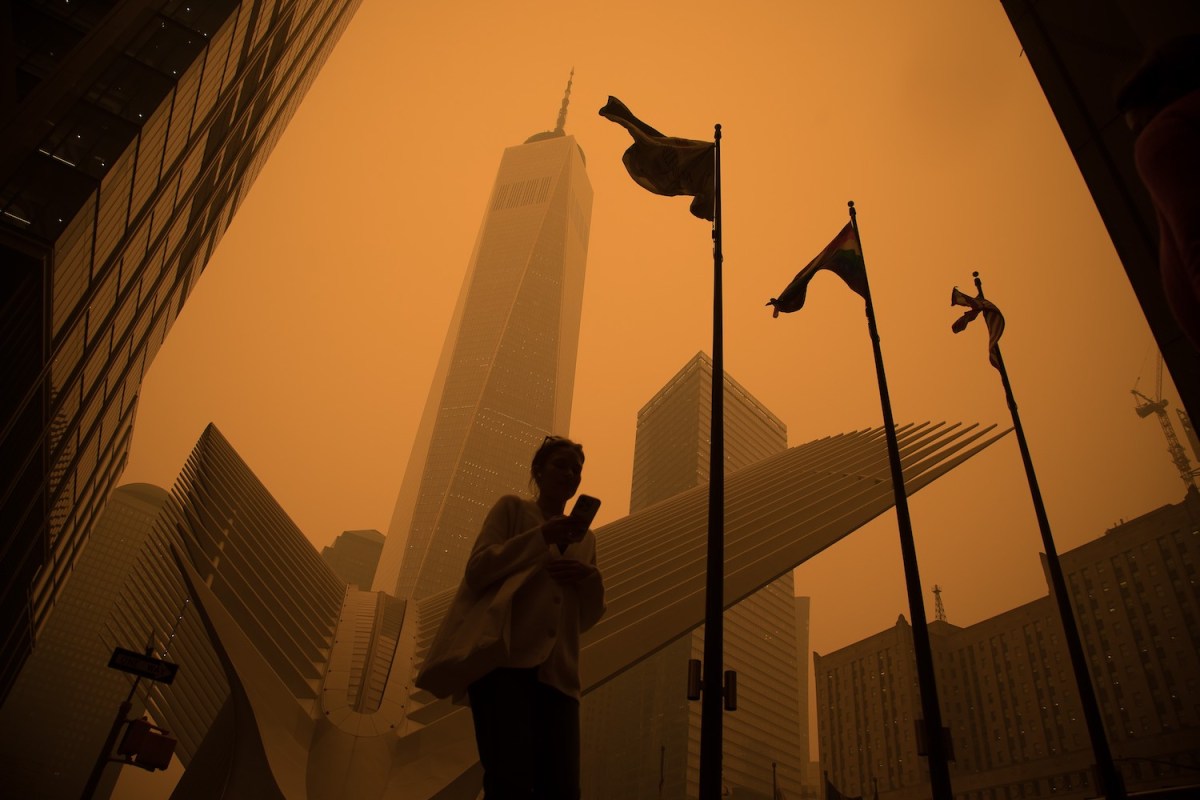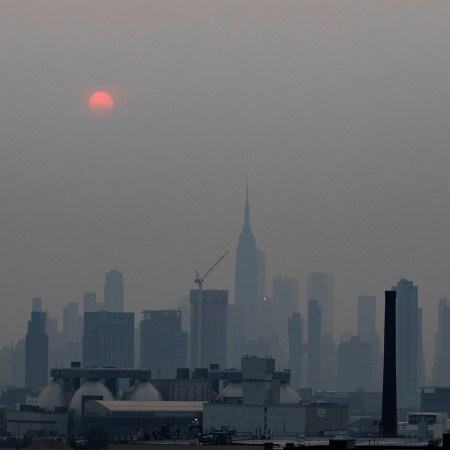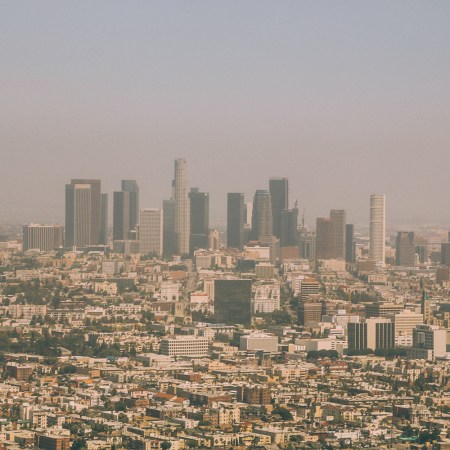It’s pretty clear that pollution, wildfire smoke and everything else that affects the air quality has negative effects on physical parts of the body, like lungs and skin. But research done in recent years also shows that toxic air can have unwanted repercussions on your mental health, too. Many of these studies have linked urban pollution to things like depression, anxiety and ADHD (in kids), but the same chemicals can be found in wildfire smoke — and, according to The Washington Post, in significantly bigger quantities.
“Because it involves inefficient combustion of wood, leaves and soil, wildfire smoke contains just an enormous number of chemicals,” Paul Wennberg, an atmospheric chemist at California Institute of Technology, told The Washington Post. “In many ways, breathing wildfire smoke is similar to smoking unfiltered cigarettes.”
That’s a pretty jarring realization, to say the least. Nitrogen dioxide (NO2) is found in both urban air and wildfire smoke, and it can react with other compounds to form secondary pollutants, like ozone, a colorless, unstable toxic gas. A study that was published earlier this year showed that the more people are exposed to ozone, the greater the risk of them developing depression. So even if you don’t live in a big city where you’re constantly exposed to pollution, the recent smoke from Canadian wildfires could affect you.
Is It a Good Idea to Be Running Outside During Wildfire Season?
Smoke from Oregon’s Bootleg Fire has blanketed the country. Is it safe to be lacing up?“It is possible, even likely, that there is a dose-response, with longer exposure to air pollution increasing the chances of depression,” John Ioannidis, epidemiologist at Stanford University, told The Washington Post. “However, even acute, short-term exposure to air pollution may be detrimental.”
As for anxiety, a recent Chinese study discovered that young people who live in areas with the “highest fine particle pollution” are 29% more likely to experience it than those who reside in cleaner areas. To compare, the World Health Organization said that the pandemic made anxiety levels rise by 25% globally. Again, quite the jarring realization that unclean air is probably making us feel worse than a terrifying global pandemic.
We say probably because it’s a difficult thing to measure outright. Researchers certainly don’t want to expose a randomized group of people to unclean air. So many of these studies rely on air pollution data measured against the number of people in that area who report depression and anxiety. But for those of us who are also worried about climate change, the adverse mental effects can also be wholly intellectual. Psychologists call this solastalgia, defined as “distress over seeing the natural environment negatively transformed.”
If recent years are any indication, we’re certainly not out of the woods when it comes to wildfire smoke. So when it gets really bad, try to stay inside, use an air purifier and dust off those N95 or KN95 masks to protect yourself.
The Charge will help you move better, think clearer and stay in the game longer. Subscribe to our wellness newsletter today.


















